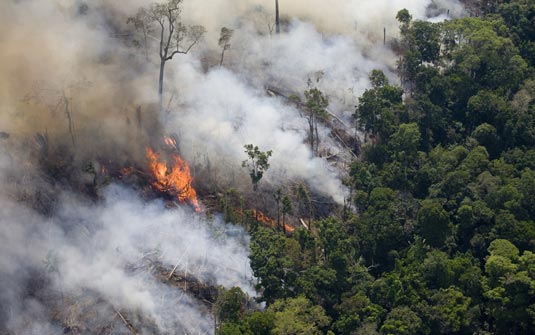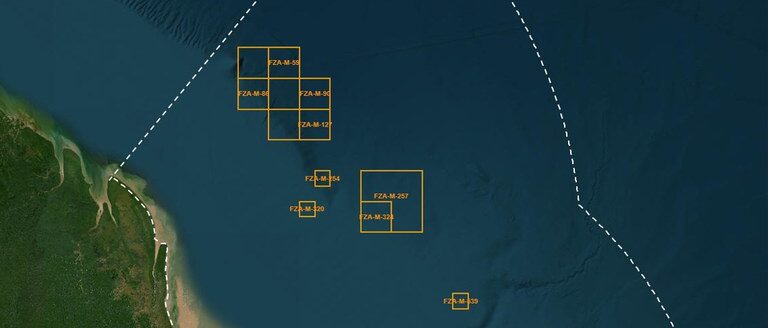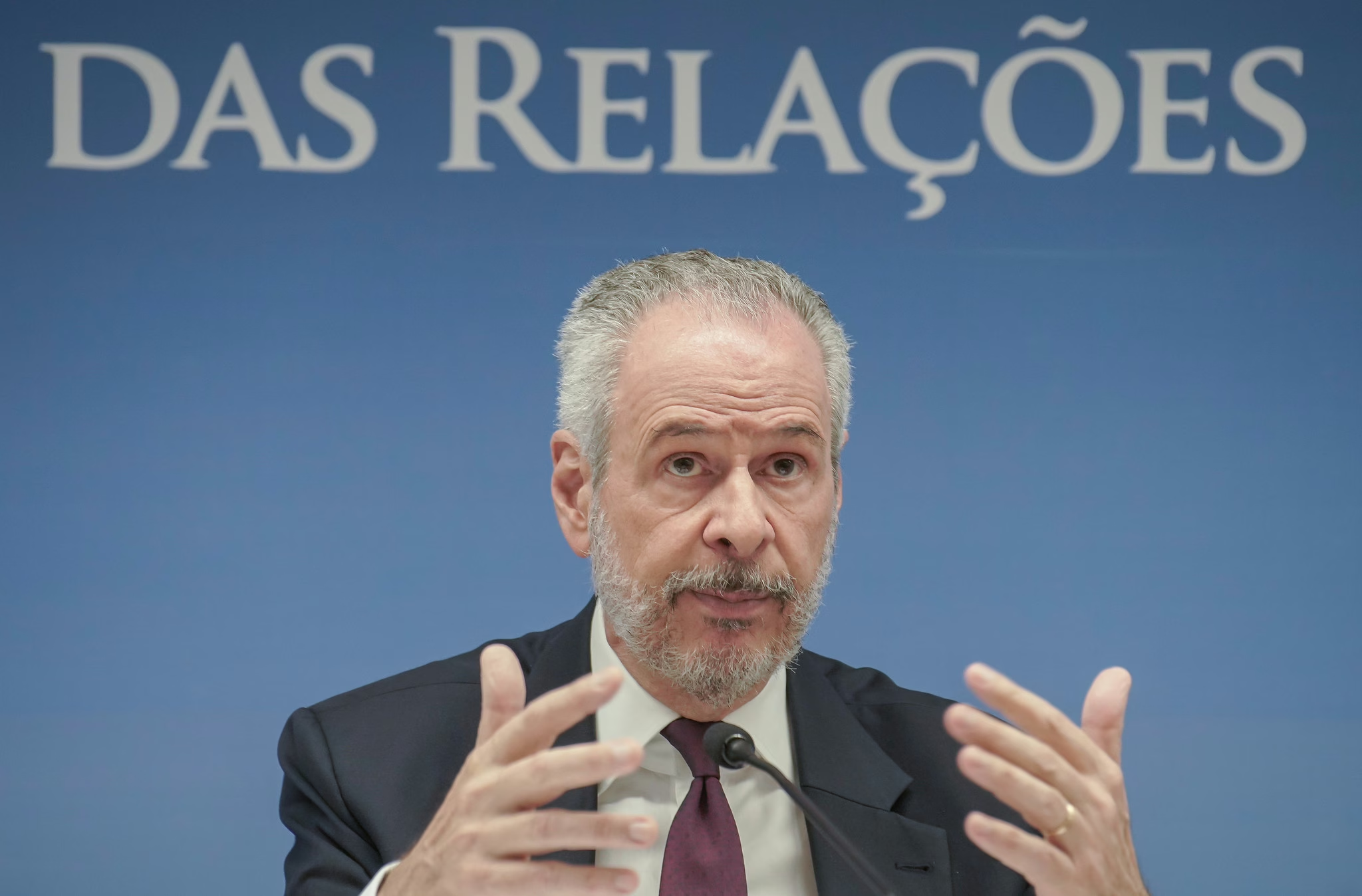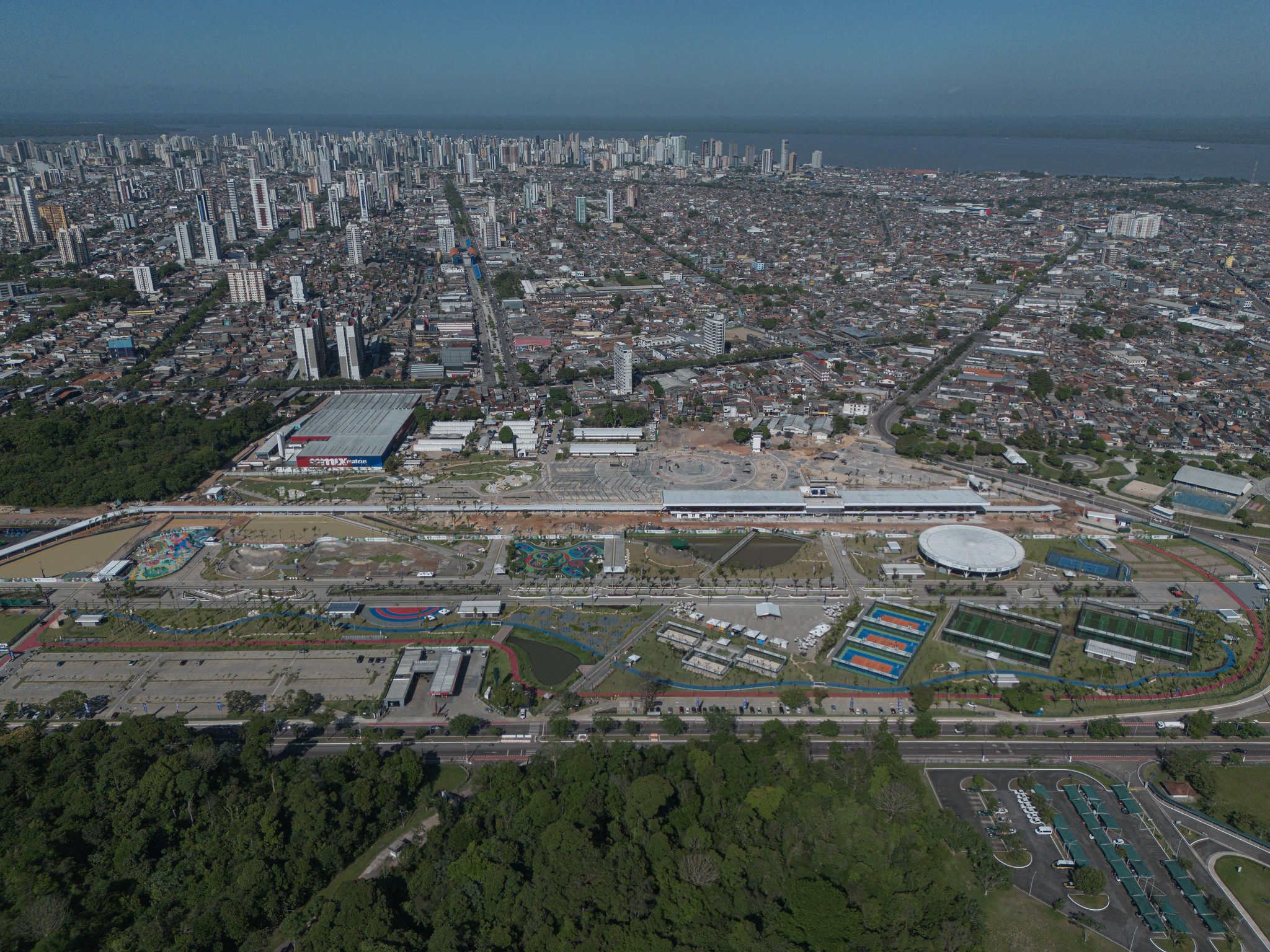Ricardo Salles, the Environment minister convicted for environmental fraud in previous roles, is keeping up with his attacks on Brazil’s Amazon Fund. After lying and being forced to backtrack about contract irregularities with NGOs benefiting from the fund, Salles now says he wants to use the money to compensate landholders in protected areas.
Although land regularization in protected areas is meritorious and necessary, the minister knows that the Amazon Fund is not the instrument for this. After all, the Amazon Fund has a clear objective: to finance actions that lead to the reduction of deforestation.
According to the Chico Mendes Institute, Brazil’s federal park service, only 3% of lands in protected areas in Brazil are pending compensation to private owners. In the Amazon, where the vast majority of lands are publicly-held, occupants of protected areas are often land grabbers who know they are not entitled to compensation. For example, in the Jamanxim National Forest, in Pará, two-thirds of occupants are invaders who arrived after the area was placed under conservation. The minister’s plan, revealed on Saturday, May 25th by the newspaper O Estado de S. Paulo, is to take money from the Amazon Fund’s operating expenses and give it to environmental criminals. Unless, of course, the idea is to normalize land holdings in protected areas outside the Amazon, which would be even more absurd.
It’s no surprise to see this coming from an administration that took power with the objective of breaking the organs that carry out environmental regulation – which the president has called the “fines industry” – and which has not yet presented a plan to combat deforestation. This new effort to discredit the Amazon Fund, which the minister also knows will not have the consent of donor countries, is another poorly disguised attempt to end one instrument of environmental policy that has worked in Brazil, leaving nothing in its place.





